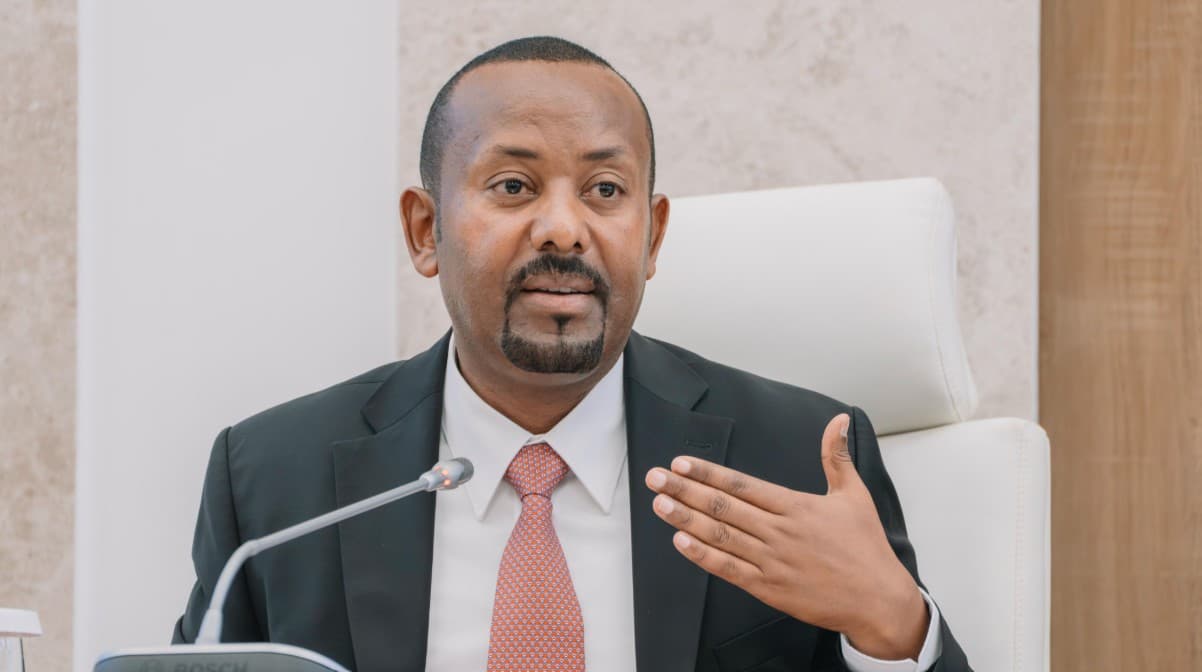We're loading the full news article for you. This includes the article content, images, author information, and related articles.
A High Court ultimatum demanding state officials produce the missing security analyst spotlights years of investigative inaction and the persistent crisis of enforced disappearances in Kenya.

NAIROBI, KENYA – The High Court on Tuesday, 28 October 2025, issued a stern ultimatum to Kenya's Inspector General of Police, Douglas Kanja, and the Director of Public Prosecutions, Renson Ingonga, to produce security analyst Mwenda Mbijiwe "dead or alive" within seven days. The order by Justice Martin Muya marks a critical turning point in a case that has languished for over four years, placing the accountability of state security agencies under intense judicial scrutiny.
The ruling follows a habeas corpus application filed by Mbijiwe's mother, Jane Gatwiri, who has relentlessly sought answers since her son's disappearance. In her court affidavit, Gatwiri described the immense psychological and emotional torture her family has endured while searching for Mbijiwe at police stations, hospitals, and mortuaries across the country to no avail.
Mwenda Mbijiwe, a former Kenya Air Force officer and a prominent media commentator on national security matters, vanished on Saturday, 12 June 2021. He was reportedly traveling from Nairobi to his rural home in Meru County. The vehicle he was using, a hired Toyota Premio, was later found abandoned near Tatu City in Kiambu County, with no trace of him.
According to court documents and family statements, Mbijiwe was last seen in the Roysambu area of Nairobi. Witnesses alleged he was intercepted by men in civilian clothes, believed to be security officers in unmarked vehicles, who whisked him away. The family's lawyer, Evans Ondieki, informed the court that just days before his disappearance, Mbijiwe had reported receiving death threats at Nairobi's Central Police Station, recorded under OB number 75/1606/2021. His last known public engagement was a radio interview on Muuga FM on 10 June 2021, where he discussed sensitive national security issues.
Justice Muya's order comes after repeated failures by the state to provide a substantive response to the court regarding Mbijiwe's whereabouts. A previous order issued on 19 September 2025, for the IG and DPP to explain the situation had not been complied with, prompting the latest, more forceful directive. The family's petition argues that Mbijiwe's continued incommunicado detention is illegal, unconstitutional, and a violation of his fundamental rights to liberty and freedom of movement.
The case has become emblematic of the broader issue of enforced disappearances in Kenya, a crisis that human rights organizations have repeatedly highlighted. A May 2025 report by Missing Voices, a coalition of human rights groups, noted that 2024 saw a significant spike in such cases, with 55 enforced disappearances recorded. The Kenya National Commission on Human Rights (KNCHR) has also condemned the pattern of abductions, often targeting individuals vocal on social issues and perpetrated by unidentified armed persons. These reports suggest a troubling trend of state agents operating outside the bounds of the law, a concern echoed in the Mbijiwe family's court filings which name the Attorney General, IG, DCI, and DPP as respondents.
The High Court's ultimatum forces a moment of reckoning for Kenya's security apparatus. The state must now officially account for Mbijiwe's fate before the court when the case is mentioned on Tuesday, 11 November 2025. This judicial pressure is a significant step for the Mbijiwe family, whose efforts to sustain public awareness have included a symbolic walk by his brother, Nicholas Bundi, from Meru to the DCI Headquarters in Nairobi seven months after the disappearance.
The outcome of this order will be closely watched by human rights advocates and families of other missing persons. It serves as a crucial test of the judiciary's power to hold security organs accountable and uphold the rule of law. Failure by the IG and DPP to comply could lead to contempt of court proceedings, further escalating the confrontation between the judiciary and the executive. For now, a family desperate for answers, and a nation grappling with the spectre of enforced disappearances, await the state's response.
Keep the conversation in one place—threads here stay linked to the story and in the forums.
Other hot threads
E-sports and Gaming Community in Kenya
Active 8 months ago
The Role of Technology in Modern Agriculture (AgriTech)
Active 8 months ago
Popular Recreational Activities Across Counties
Active 8 months ago
Investing in Youth Sports Development Programs
Active 8 months ago